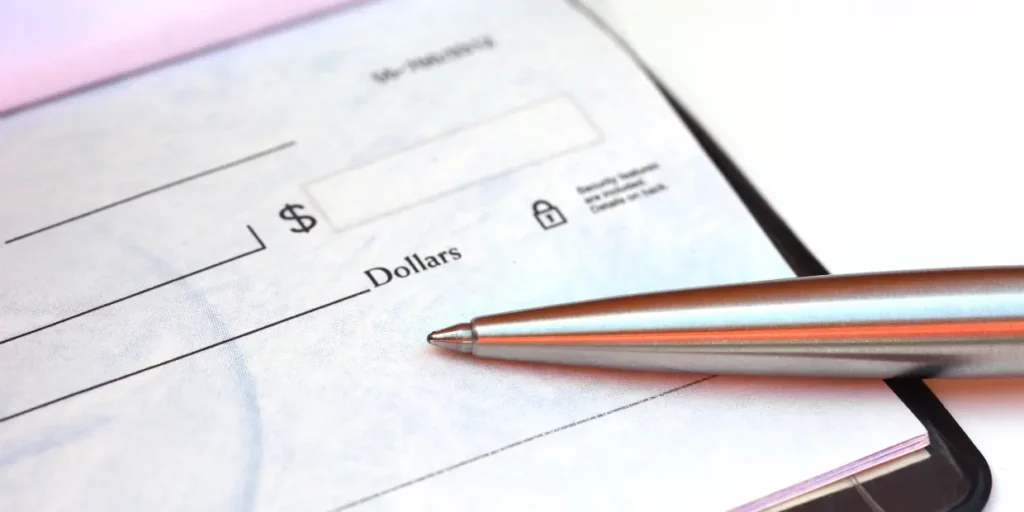All You Need to Know About Check Washing

All You Need to Know About Check Washing
Despite the digitization of money management, there is still a place in the economy for paper checks, as well as check-washing scams. Unfortunately, instances of check washing often go unnoticed until it’s too late to undo the damage. Here’s what you need to know about these scams.
How the scam plays out
In a check-washing scam, a scammer steals checks from the mail, changes the payee name and/or dollar amount and then deposits the checks into their own accounts.
The scammer pulls off this ruse by stealing outgoing mail from private mailboxes or lifting envelopes out of public mailboxes. Using household chemicals, like acetone or bleach, they’ll erase the ink on the stolen checks before rewriting the numbers and/or payee info. With these steps complete, they’ll deposit the checks into their own accounts.
Scammers may also use the checking account details found on the check to commit further crimes against the check-writer, including identity theft. The victim may only learn about these crimes upon receiving overdraft notices or being informed that their ID is no longer valid.
Check washing is a particularly dangerous scam because victims may not learn of its occurrence for weeks. They may only learn of it when they review their checking account statement and discover that the check amount and/or payee has been altered. Unfortunately, many financial institutions do not offer complete protection on fraud that isn’t reported within a few days of its occurrence.
Protect yourself
- When possible, use mobile and online banking services and P2P systems instead of checks.
- When writing checks, use black gel ink.
- Hand mail containing checks or other sensitive info directly to your carrier or bring it to the post office.
- Never leave your mailbox full overnight.
- When mailing checks, use envelopes that have security tinting.
- Shred all canceled checks, remotely deposited checks, credit card statements and bills.
- Review your checking account activity often. Ensure all checks have cleared for the correct amount and to the correct payee.
- Write out your checks to a specific person or business; not “cash.”
Follow the tips outlined here to keep your checks safe.
Content Source: CUContent






